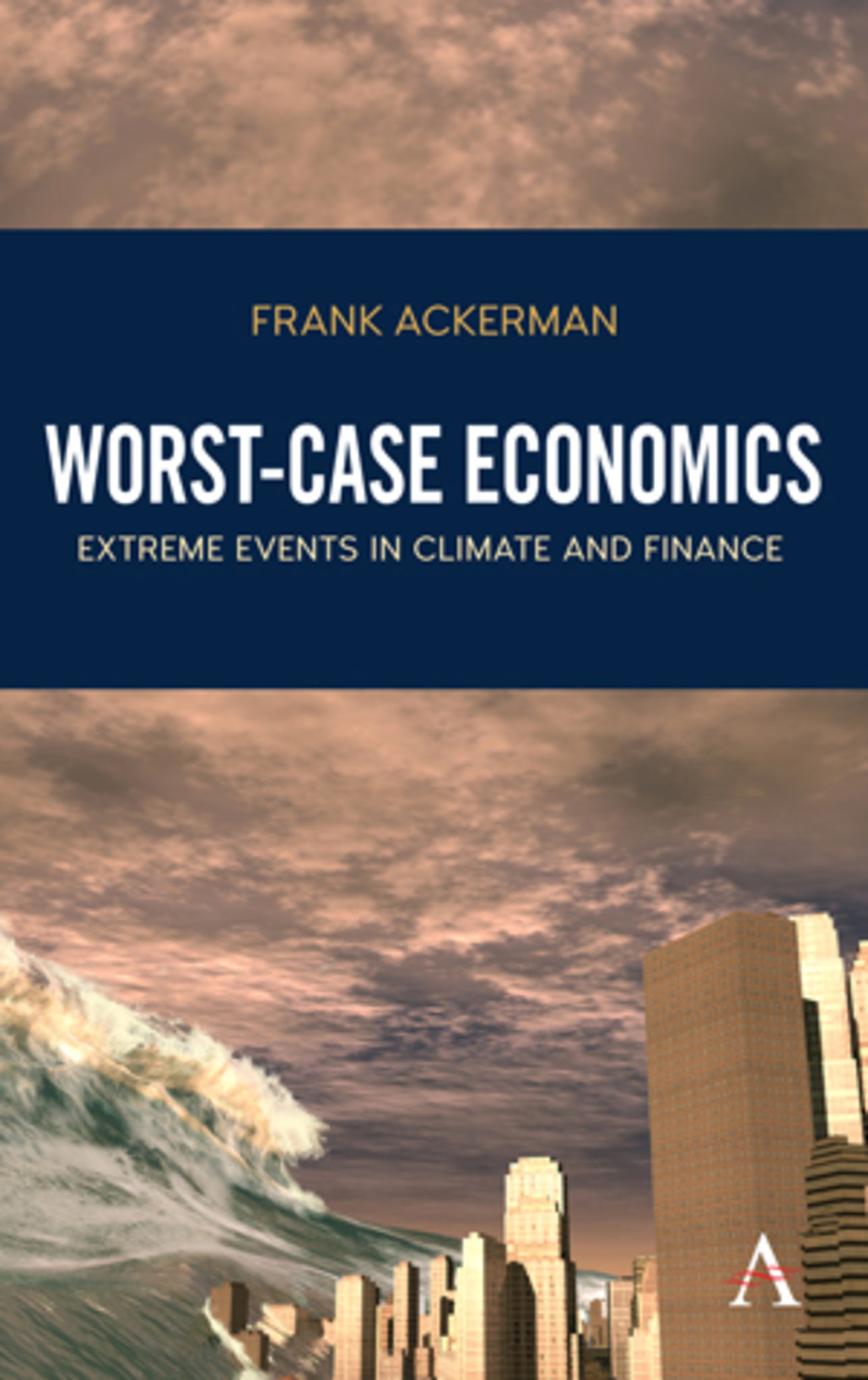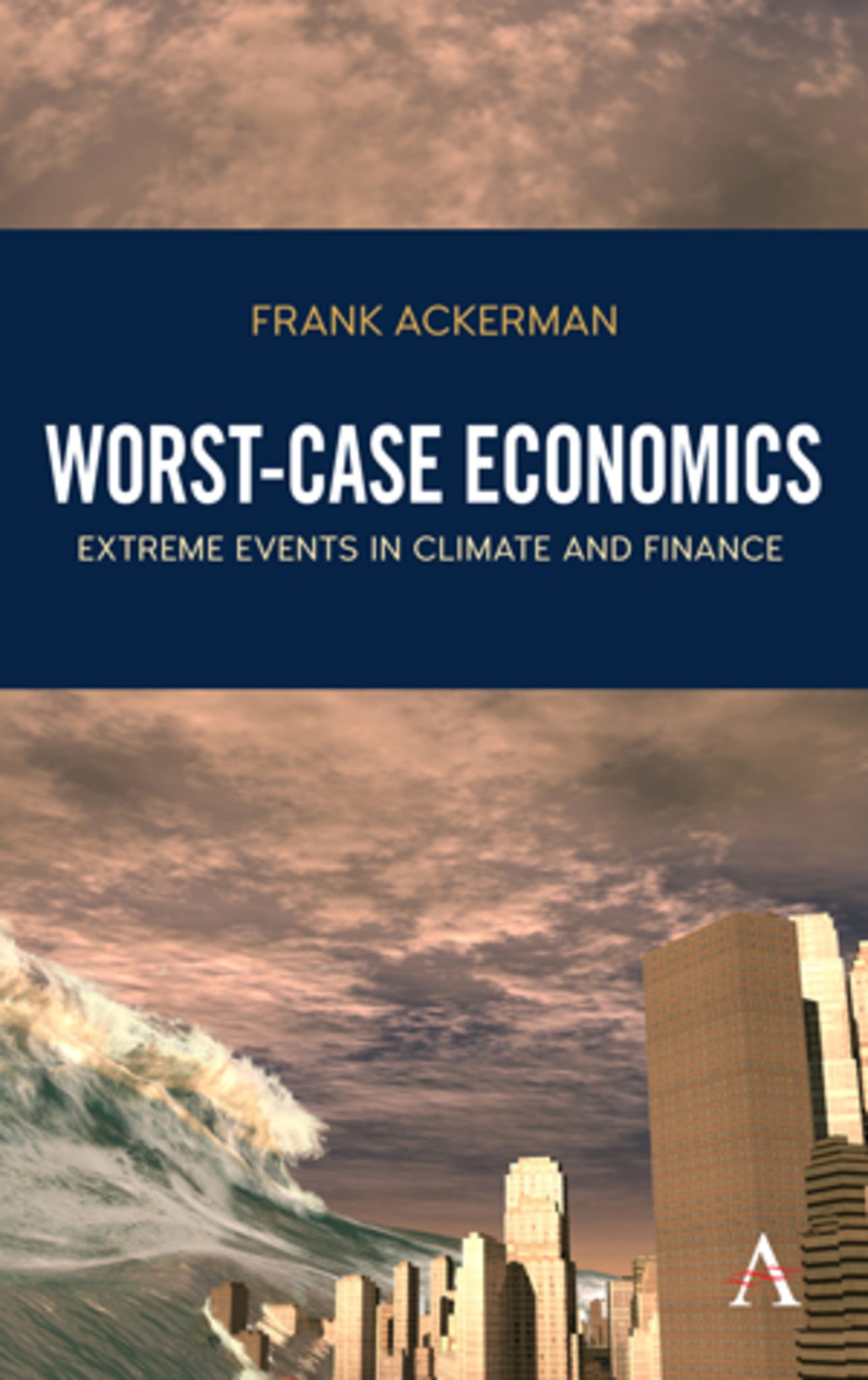We're sorry. An error has occurred
Please cancel or retry.
Worst-Case Economics

Some error occured while loading the Quick View. Please close the Quick View and try reloading the page.
Couldn't load pickup availability
- Format:
-
23 October 2017

Worst-case scenarios are all too real, and all too common. The financial crisis of 2008 was not the first or the last to destroy jobs, homeownership and the savings of millions of people. Hurricanes clobber communities from New York to Bangladesh. How bad will the next catastrophe be, and how soon will it happen?
Climate and financial crises are serious events, requiring vigorous responses. Yet public policy is trapped in an obsolete framework, with a simplistic focus on average or likely outcomes rather than dangerous extremes. What would it take to create better analyses of extreme events in climate and finance, and an appropriate policy framework for worst-case risks? ‘Worst-Case Economics: Extreme Events in Climate and Finance’ offers accessible and surprising answers to these crucial questions.

BUSINESS & ECONOMICS / Economics / Theory, Environmental economics, BUSINESS & ECONOMICS / Environmental Economics, BUSINESS & ECONOMICS / Finance / General, POLITICAL SCIENCE / Public Policy / Economic Policy, POLITICAL SCIENCE / Public Policy / Environmental Policy, Economic and financial crises and disasters
List of Figures; 1. Introduction; 2. Steam-engine economics; 3. Beyond homo economicus; 4. Big and dirty; 5. Pictures of improbability; 6. Trillions, or only hundreds?; 7. Zipf’s law and other stories; 8. Ants and traders; 9. Too big to ignore; 10. Climate tipping points and known unknowns; 11. Predators and prey; 12. Good enough for government work; 13. Fat tails and the failure of forecasting; 14. Misunderstanding risk; 15. Choices beyond calculation; 16. Who won World War II?; 17. Conclusion; Acknowledgments; Bibliography; Index.




